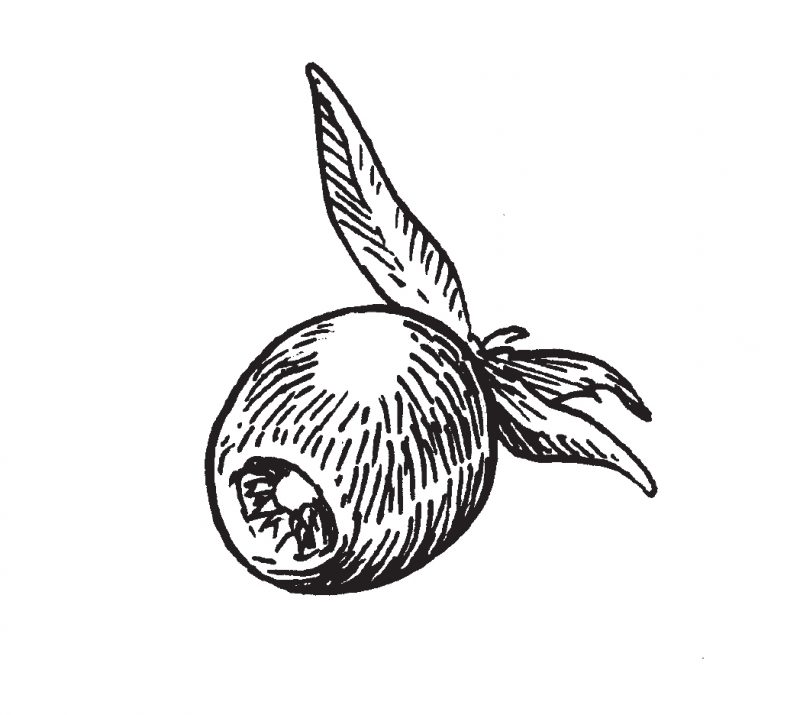The first time I saw combat I was seven. It was a sunny day in Northfield, New Jersey. The Vietnam War was ending. At the time, I wanted to be a spy.
I was hiding in the hedge that separated our yard from the Zaberers’, owners of Zaberers’ restaurant. A billboard on a traffic circle in the nearby town of Margate advertised ZABERERS—JUST MINUTES AWAY! Yet eighty miles distant, on the edge of Deptford, another billboard said, YOU’RE JUST MINUTES AWAY FROM BEING ZABERIZED! Billboards throughout South Jersey repeated the promise, until the very fabric of space-time was called into question. In twenty years, I only saw Zaberers’ restaurant a handful of times.
One of those sightings occurred just hours before I’d hidden myself in the hedge. My dad and I were on our way to Radio Shack after the death of his homemade stereo. We were stopped at a red light. There, on the right, was Zaberers’.
What started out as a cabin, chimnied on two ends, had been annexed on all sides by screened-in porches, which at some point had become dining rooms, onto which were built screened-in porches, which then became dining rooms needing new screened-in porches, and so on. Because rain had to draw off the patched-together roof, each successive ring of construction was a little lower than the last, until it seemed the periphery could only accommodate dwarves.
And there were dwarves inside Zaberers’. I knew this from my friend Arturo, who had a clip-on tie in his sock drawer specifically for his weekly dinners there. From Arturo I also learned that Zaberers’ sheltered a devilfish in deep-sea tank, a two-headed calf in suspended animation, and the beating heart of a Sasquatch.
Naturally, I wanted to eat at Zaberers’, but it was not that easy. There was bad blood between us after their shepherd had torn up our cat.
The attack happened in our backyard. I remember my mom screaming. I remember looking out a window to see the cat stretched out, half in the shepherd’s jaws, half clawed to an oak. I watched as my dad ran out back with an aluminum bat, and thumped on the dog.
The shepherd released the cat and ran away. The cat ran upstairs and collapsed onto my dad’s pillow to die. There it licked its saucy wounds in wide-eyed panic, and breathed out of its open mouth. Three days later the cat hopped off the bed to live another decade. Meanwhile, the police ordered the Zaberers to chain up their dog.
They chained the shepherd through holes in the cinder blocks that vented the foundation of their house. In the space beyond the hedge that separated our...
You have reached your article limit
Sign up for a digital subscription and continue reading all new issues, plus our entire archives, for just $1.50/month.
Already a subscriber? Sign in





